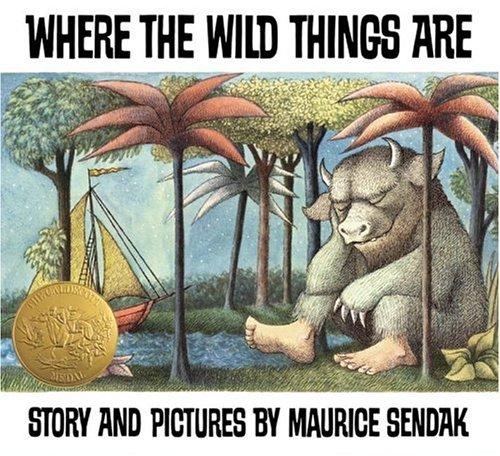Lose vs Loose
[A2] Lose vs Loose explains the common confusion between the homophones 'lose' and 'loose' in English. Learn their meanings, spellings, and usage through clear examples.
Core difference
Lose is a verb about not having something anymore, failing to keep it, or not winning. Loose is usually an adjective meaning not tight, not firmly attached, or free to move. They are not interchangeable: lose describes an action or result, while loose describes a state or quality.
Which sentence shows the core difference between lose and loose?
Lose meaning
Use lose when something is missing, removed, or no longer in your possession: you lose your keys, lose money, or lose your job. It also means to not win a competition: a team can lose a game. Lose can also mean to reduce something, especially weight or time, focusing on the result rather than the process.
Word/Phrase | Definition | Example |
|---|---|---|
Which sentence uses lose to mean reduce or have less of something?
Loose meaning
Use loose to describe something that is not tight or is not securely fixed in place: a loose shirt, a loose screw, or a loose connection. It can also mean free to move around, not contained, or not under control, depending on context. In everyday writing, loose describes how something fits or how firmly it is attached.
Word/Phrase | Definition | Example |
|---|---|---|
Which sentence uses loose correctly to mean 'not tight' or 'not fitting closely'?
Part of speech
Lose is a verb, so it often follows a subject and changes form for tense: lose, loses, lost, losing. Loose is usually an adjective and comes before a noun or after a linking verb like be: a loose bolt, the bolt is loose. Keeping the grammar role in mind prevents most mix-ups.
Rule | Example |
|---|---|
Which part of speech is lose?
Pronunciation
The words look similar but sound different. Lose has a voiced z sound at the end, and loose has an unvoiced s sound plus a longer s sound feeling. Listening for the final sound helps you choose the correct spelling when writing.
Rule | Description | Notation | Example |
|---|---|---|---|
Common collocations
Certain nouns frequently pair with lose, and others commonly pair with loose. Learning these natural combinations makes your writing sound fluent and reduces spelling errors. When you see these nouns, you can often predict the correct word automatically.
Word/Phrase | Definition | Example |
|---|---|---|
Which phrase is a natural collocation with lose?
Loose as verb
Loose can also be a verb meaning to release, to set free, or to let something go, but this use is formal or literary. In modern everyday English, people usually choose release, let go, or set free instead. If you see loose used as a verb, it will take objects and tense forms like loosed.
Rule | Example |
|---|---|
Which sentence uses loose as a verb (formal or literary)?
Quick choice test
Use a simple decision: if you mean not win or not keep, choose lose. If you mean not tight or free to move, choose loose. This quick test works for most writing situations, including emails and school assignments.
Rule | Example |
|---|---|
If you can replace the word with 'misplace' or 'fail to win', which word should you choose?
Spelling memory
A helpful spelling cue is that lose has one o and the sound ends like z, while loose has two o letters and feels longer and more open. Another cue is that loose relates to loosen, which also has two o letters. These cues are not rules, but they can speed up correct spelling choices.
Rule | Example |
|---|---|
Which spelling tip is correct?

















